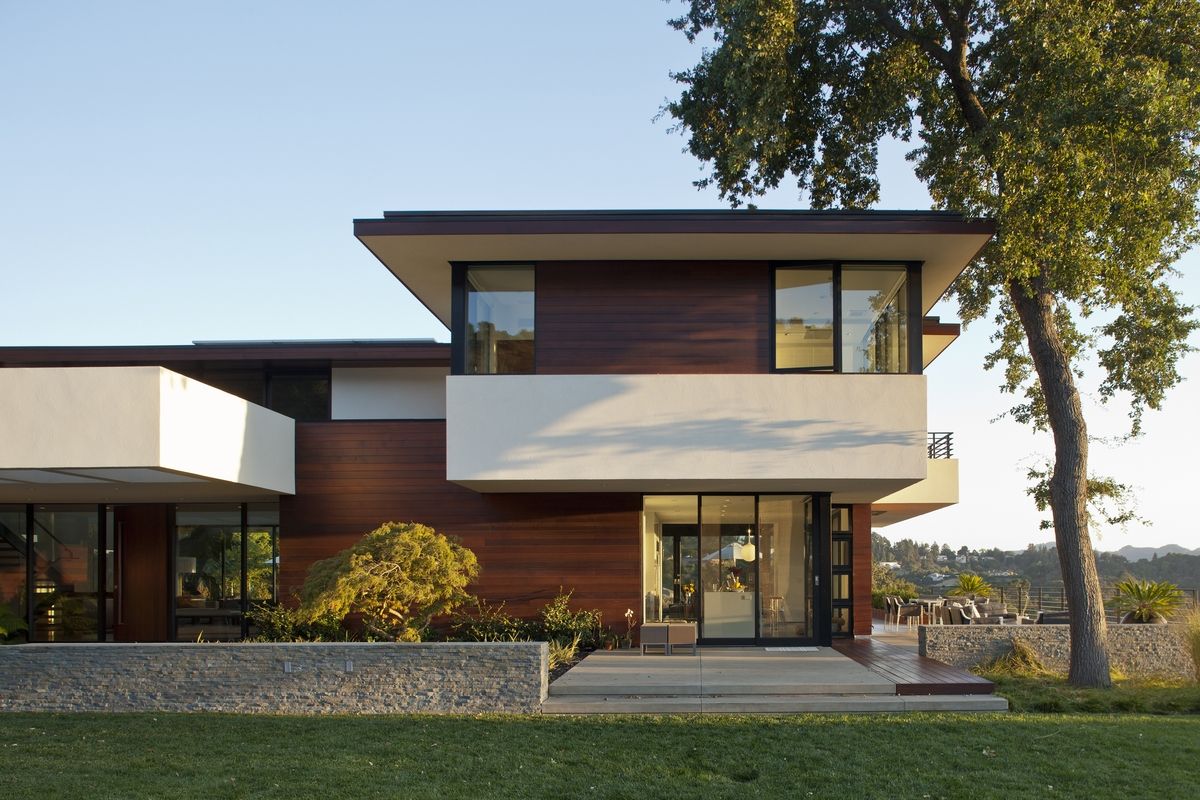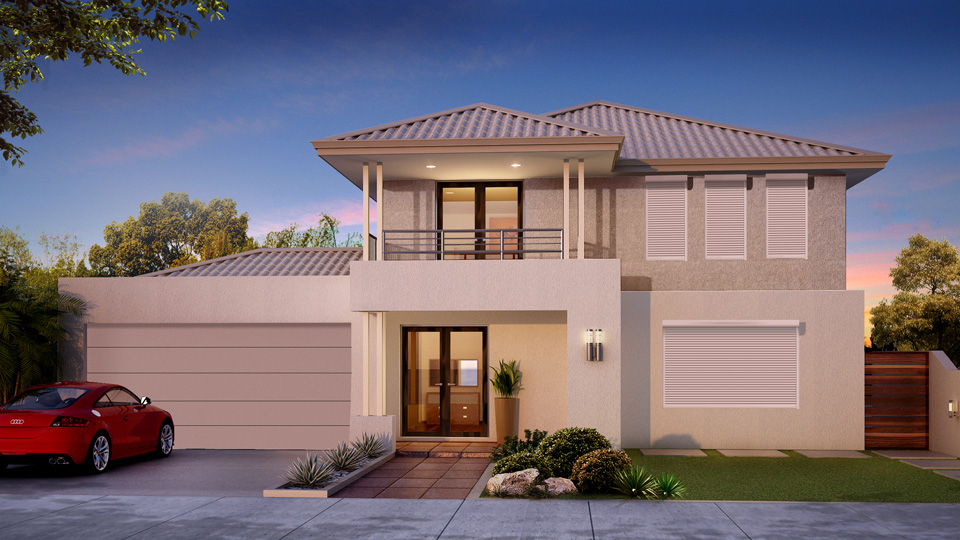As the world grapples with the challenges of climate change and environmental degradation, more and more homeowners are becoming conscious of the need to adopt sustainable practices in their homes. One such practice is the construction of home additions with Burien general contractor that are environmentally friendly and energy-efficient. However, designing and building a sustainable home addition can be a daunting task, especially for those who have limited knowledge of sustainable living. This is where the advice and expertise of sustainable home addition experts come in.
Opt for eco-friendly materials
When planning for a sustainable home addition, it’s important to consider the materials you’ll be using. Opting for eco-friendly materials is a great way to reduce your environmental impact and create a healthier living space. There are many sustainable options available, such as reclaimed wood, bamboo, and recycled steel. These materials are not only environmentally friendly, but also durable and stylish.
For example, reclaimed wood adds character to a room and is a great option for flooring or furniture. Bamboo is a renewable resource that is strong and versatile, making it perfect for use in cabinets or countertops. Recycled steel is a great option for framing and roofing, as it is strong and long-lasting. By choosing eco-friendly materials, you can create a sustainable home addition that is both beautiful and environmentally responsible.
Consider energy-efficient appliances
When it comes to making your home addition more sustainable, energy-efficient appliances are a great place to start. These appliances are designed to use less energy and water than their traditional counterparts, which not only reduces your carbon footprint but can also save you money on your utility bills in the long run.
Look for appliances with an energy star rating, that follows strict energy efficiency guidelines. These appliances can include anything from refrigerators and dishwashers to washing machines and HVAC systems. While energy-efficient appliances may cost more upfront, the long-term benefits make them a worthwhile investment for any sustainable home addition.
Maximize natural light and ventilation
One of the key principles of sustainable home addition is maximizing natural light and ventilation. This helps to reduce the amount of energy required for lighting and air conditioning, which in turn minimizes the carbon footprint of your home. To maximize natural light, you can install skylights, windows, and glass doors in strategic locations to allow more light to enter your home.
To make the most of the natural light that enters your home, consider using reflecting surfaces and light-colored walls. You can achieve natural ventilation by incorporating features like movable windows, ceiling fans, and exhaust fans into your home’s design. This will help to improve interior air quality by reducing moisture, boosting air circulation, and minimising the demand for mechanical ventilation systems. This will be accomplished by promoting air circulation and reducing the amount of moisture in the air. You can make the environment inside your home healthier and more sustainable by allowing as much natural light and ventilation in as possible.
It is a sensible investment for both your budget and the environment to create a home addition that is energy efficient and environmentally friendly. The carbon footprint of your home as well as its monthly energy costs can be greatly lowered if you seek the advise of professionals and install environmentally friendly materials, energy-efficient systems, and water-saving measures. You may build a living area that is comfortable and sustainable by making a few minor adjustments and being conscious of the amount of consumption you do. Keep in mind that sustainability is not a one-time event but rather a process that aims to create a better future for our world.




